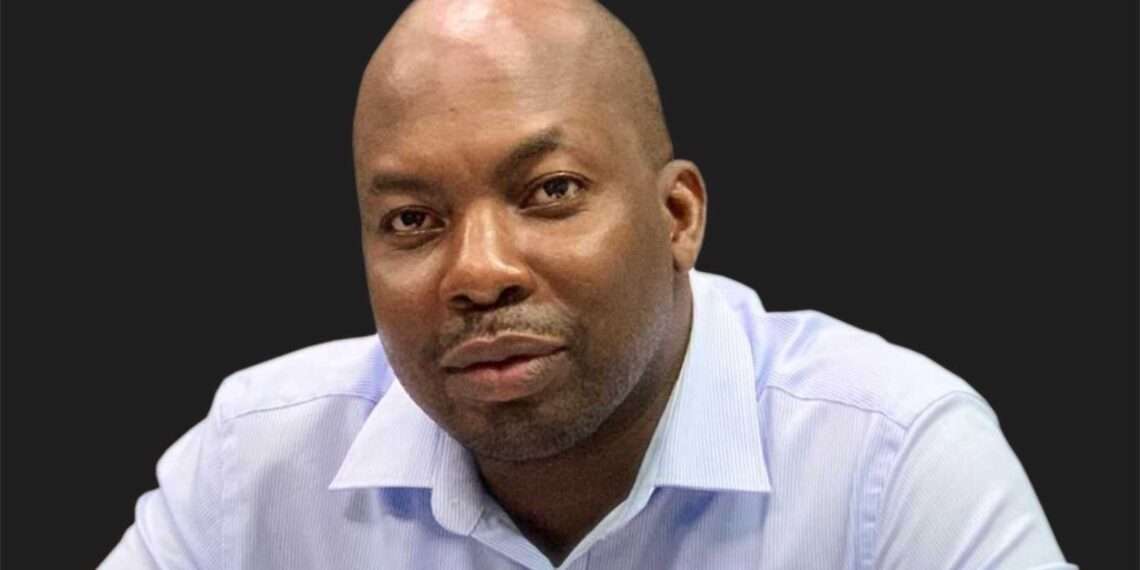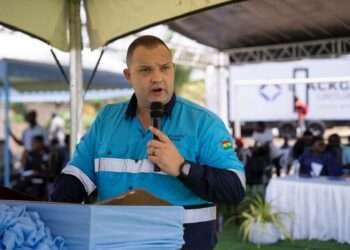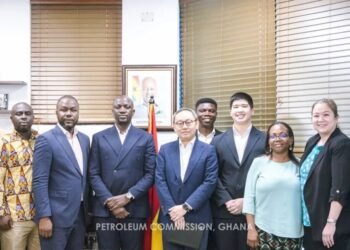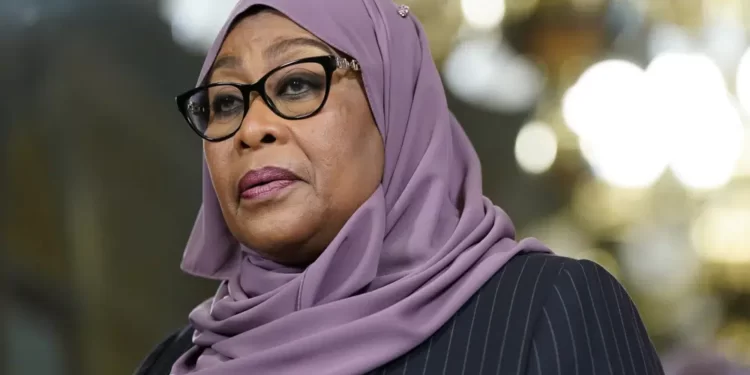As Ghana’s energy landscape undergoes significant transformation, Dr. Elikplim Kwabla Apetorgbor, CEO of the Independent Power Producers (IPPs), has provided crucial insights into the sector’s current challenges and emerging solutions.
Dr. Apetorgbor addressed pressing issues ranging from emergency power management to debt resolution strategies under the new administration. The power sector recently faced a critical juncture when storage facilities were found completely depleted, threatening nationwide power reliability.
According to Dr. Apetorgbor, Ghana narrowly avoided severe power cuts due to proactive government interventions. Reflecting on the earlier management of the power sector, he criticized the previous administration for neglecting critical fuel storage needs, which left the country vulnerable to power supply disruptions.
“The initial thought by the minister-designate at the time that the country may be brought into power cuts reflects the recklessness of the former government.
“The sector is known for power supply reliability, but it’s always essential to ensure backup fuel at all times. Unfortunately, they [previous administration] left all our storages empty. I cannot tell the motive, but that was very unfortunate.”
Dr. Elikplim Kwabla Apetorgbor, CEO of the IPPs
However, he commended the current minister’s efforts, noting that swift expert interventions and alternative fuel procurement strategies have stabilized the situation. “I believe the impact will not be the same as when we discovered the empty storages. The situation is under control,” he added.
A major operational challenge emerged with the West African Gas Pipeline Company’s (WAGPCO) initiation of ‘pigging’ maintenance on February 7th.
This month-long procedure, scheduled to conclude by March 3rd, necessitates complete cessation of gas flow to power plants. In response, the government has implemented contingency measures, procuring liquid fuel supplies to support continued generation.
“We have some disturbances where some power plants that are supposed to run on fuel are not in good condition, but the system planners have taken steps to manage the situation. We are in good shape.”
Dr. Elikplim Kwabla Apetorgbor, CEO of the IPPs
While some power plants face operational challenges, system planners have implemented management strategies to ensure stability.
Power Sector Debt Resolution Progress

Ghana’s power sector has long been plagued by mounting debts, which have strained the operations of Independent Power Producers.
Dr. Apetorgbor shed light on the magnitude of the debt crisis and the steps being taken by the new administration to address it.
“Before the former government left, as of December 31, the last count for us as Independent Power Producers (IPPs) showed about US$1.82 billion standing as receivables. This debt has severely impacted our operations.”
Dr. Elikplim Kwabla Apetorgbor, CEO of the IPPs
Dr. Apetorgbor praised the current administration’s leadership style, emphasizing a shift towards a more conservative and collaborative approach.
“Let me first commend our current minister for his leadership approach. He’s using a conservative and collaborative leadership style, which the sector has missed for years.
“If he continues this way, we should be at peace with each other, allowing business to flow and ensuring a reliable power supply.”
Dr. Elikplim Kwabla Apetorgbor, CEO of the IPPs
Efforts to resolve the debt crisis have included renegotiating agreements with the previous government to achieve cost savings and reduce outstanding debts.
According to Dr. Apetorgbor, these renegotiated terms could have reduced the sector’s debt by approximately US$600 million. However, the previous government failed to formalize these agreements.
“We proposed to the president that he should review these agreements. If he finds them suitable and fair, he should sign them off.
“Then we can confidently say that the debt has been reduced to a manageable amount. If this is done, ECG’s debt will be significantly reduced.”
Dr. Elikplim Kwabla Apetorgbor, CEO of the IPPs
Dr. Apetorgbor urged the current administration to review and finalize these agreements to alleviate the sector’s financial burden.
Despite the challenges, Dr. Apetorgbor remains optimistic about the future of Ghana’s power sector. He believes that with continued government support, effective leadership, and strategic financial management, the sector can overcome its current hurdles.
“It’s up to the government to come up with a decision—either to continue the negotiation and sign off or pursue a different approach.
“What’s important is ensuring that we have a reliable power supply and a financially stable sector.”
Dr. Elikplim Kwabla Apetorgbor, CEO of the IPPs
Ghana’s power sector is navigating a complex landscape marked by fuel shortages, debt crises, and infrastructural challenges.
However, proactive interventions by the government, coupled with strategic collaborations with Independent Power Producers, have provided a pathway towards stability.
As the sector continues to adapt, the focus remains on securing reliable power for Ghanaians while addressing the financial and operational issues that have long hindered growth.
READ ALSO: Gov’t’s Rejection of GHS2.9 Billion T-bills Signals Lower Yield On the Horizon– Annor-Sika























